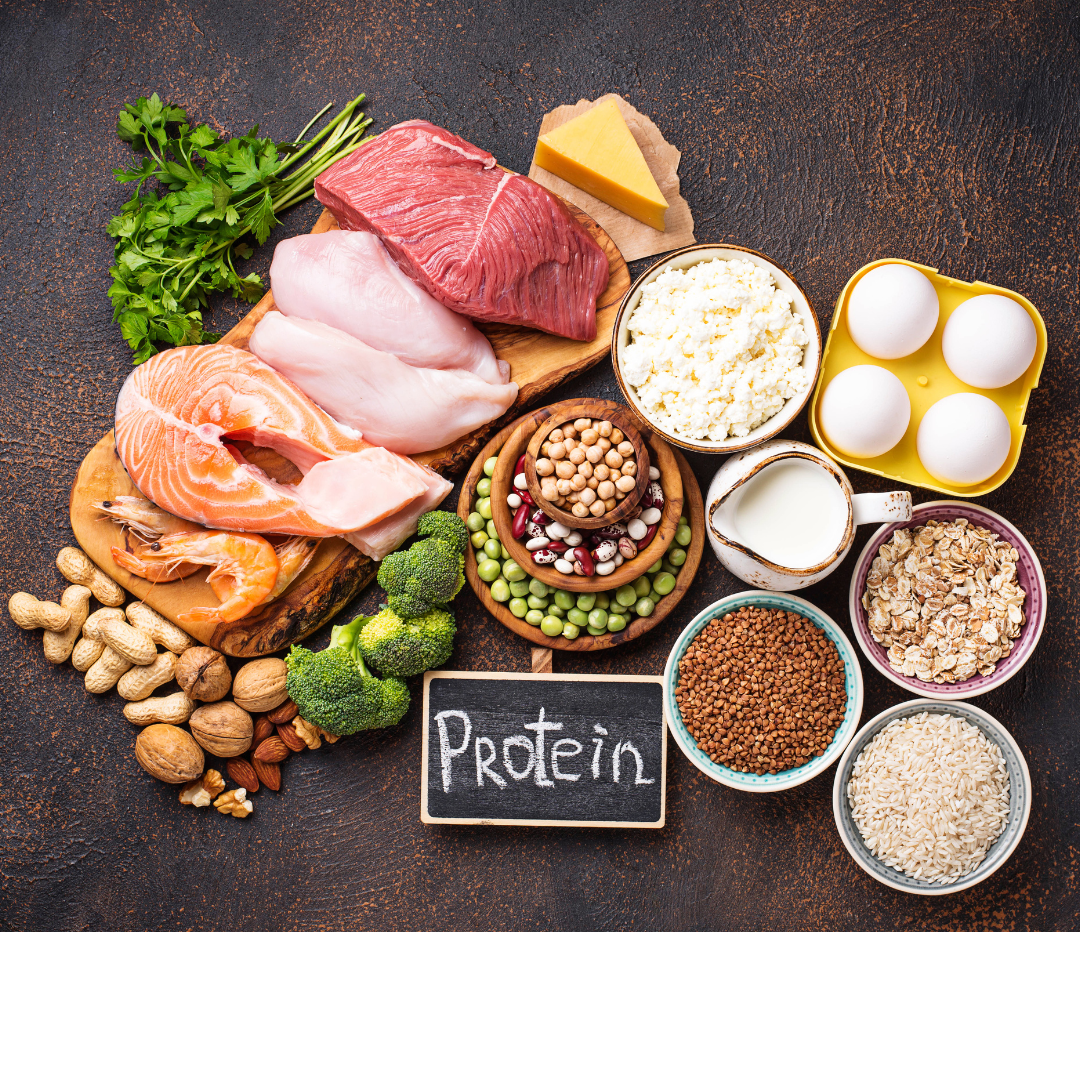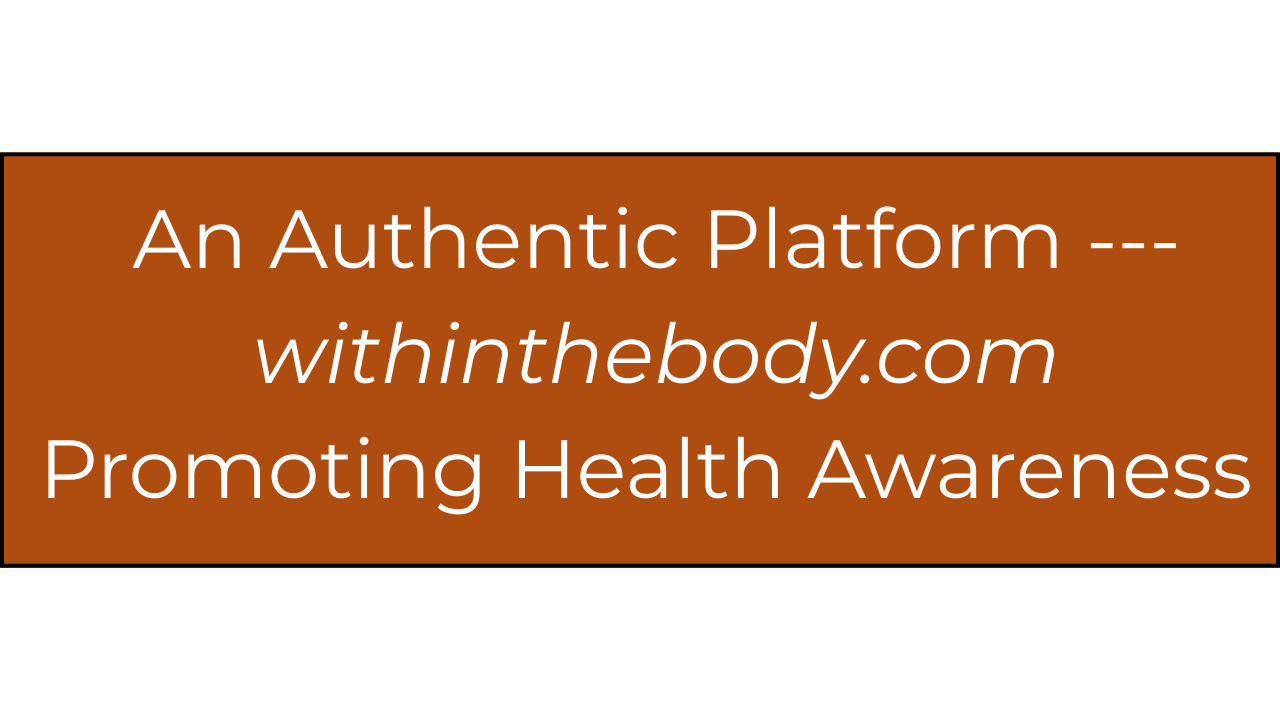High-Protein Foods for Daily Health (Not Just Bodybuilders!)


Protein is often misunderstood as the “gym nutrient,” reserved for athletes, weightlifters, or bodybuilders. In reality, protein is a foundational building block for every human being—child or adult, sedentary or active, healthy or chronically ill. It is the nutrient responsible for cell repair, hormone production, immune defense, muscle maintenance, and even emotional stability. When your diet lacks adequate protein, the body begins to borrow protein from muscles, immune cells, enzymes, and even vital organs—quietly weakening you from inside.
In routine clinical practice, we see fatigue, hair thinning, poor healing, mood issues, frequent infections, brittle nails, and muscle loss—all rooted in subtle, long-standing protein inadequacy. This article explains the importance of daily high-protein foods from a physician’s perspective, customized for every reader group, with a deeper clinical look into the body’s protein physiology.
General Readers
Protein is not just for building muscles—it is for building you.
Your body needs protein every single day because it cannot store it like fats or carbohydrates. If you don’t consume enough, your body pulls proteins from your muscles, skin, and immune cells. This is why low-protein persons often experience:
• Persistent tiredness
• Low immunity
• Loss of muscle tone (especially after age 40)
• Poor skin, brittle hair and nails
• Slow wound healing
• Cravings and overeating (because protein keeps you full)
Adding high-protein foods does not require powders, supplements, or special diets. Natural, daily options include:
• Eggs
• Chicken, fish, mutton
• Dahi, milk, paneer, cheese
• Daal, chana, rajma, lobia
• Nuts, seeds, peanut butter
• Soya products
Even 1–2 servings per meal make a visible difference within weeks.
Medical Students
Understanding protein is understanding physiology itself.
Protein metabolism connects the gastrointestinal system, liver, skeletal muscles, immune system, and neuroendocrine pathways:
• Amino acids are absorbed in the small intestine → enter the portal circulation → used for synthesis of enzymes, transport proteins, hormones, immunoglobulins, structural proteins, and neurotransmitters.
• Albumin, the body’s major circulating protein, maintains oncotic pressure, transports hormones and drugs, and buffers acid–base balance.
• Negative nitrogen balance occurs during infection, trauma, surgery, or starvation.
• Protein deficiency first hits rapidly turning tissues—intestinal mucosa, immune cells, and skin.
In practical medicine, you will see protein deficiency disguised as:
• Edema with normal cardiac/renal status
• Recurrent URTIs
• Muscle wasting in diabetics, elderly, and bedridden patients
• Poor postoperative outcomes
• Mood disturbances due to altered neurotransmitter availability
A strong grasp of protein metabolism helps you interpret labs, plan diets, and counsel patients effectively.
Young Doctors
In busy clinical practice, protein deficiency is underdiagnosed and undertreated.
Your patients may not verbalize it, but their daily diets often contain only 20–30 g/day of protein—less than half of what the body requires. Counsel them clearly:
• Encourage one high-protein source per meal.
• Recommend simple, affordable options—eggs, daal, yogurt, nuts, and chicken.
• Identify high-risk patient groups:
• Elderly
• Diabetics
• Postoperative patients
• Pregnant women
• Chronic liver/kidney disease (with adjustment)
• Adolescents
• Vegetarian families
Document weight, muscle mass, healing status, and dietary history. Address cultural misconceptions (e.g., “egg causes heat,” “meat increases uric acid for everyone,” or “protein thickens blood”). These myths prevent recovery and must be corrected gently.
General Practitioners
In family practice, improving protein intake can significantly reduce common visits:
• Fatigue
• Frequent viral infections
• Chronic musculoskeletal pain
• Falling hair
• Weight gain from snacking
• Anemia-like symptoms despite normal hemoglobin
Practical counseling tips:
• Ask “How many protein servings do you take daily?”
• For low-income families, emphasize affordable proteins like eggs, daal, beans, yogurt, chana, soy, and peanuts.
• In hypertension or cardiac patients, guide toward lean proteins—fish, chicken breast, low-fat dairy.
• For diabetics, explain that protein controls cravings and stabilizes glucose.
A 3–4 minute dietary counseling at each visit dramatically improves long-term outcomes.
Pathophysiology
Protein deficiency and optimal intake influence almost every physiological system:
1. Musculoskeletal System
• Low protein → increased muscle breakdown (catabolism)
• Loss of muscle fibers → reduced metabolism, joint instability, falls in elderly
• Collagen deficiency → weak tendons and ligaments
2. Immune System
• Reduced synthesis of immunoglobulins
• Impaired T-cell activity
• Higher susceptibility to infections, slow recovery
3. Endocrine System
• Amino acids regulate insulin, glucagon, growth hormone, and thyroid hormones
• Protein stabilizes blood glucose and reduces post-meal spikes
4. Dermatology & Hair
• Keratin requires amino acids
• Deficiency leads to hair fall, brittle nails, dull skin
5. Brain & Mood
• Serotonin, dopamine, GABA—all require amino acids
• Low protein → mood swings, anxiety, poor focus, cravings
6. Hepatic Function
• Liver depends on steady amino acid supply
• In chronic liver disease, protein restriction is outdated except in encephalopathy
7. Healing & Recovery
• Wound repair, collagen formation, post-surgery recovery all depend on protein availability
8. Weight Regulation
• Protein increases satiety
• Reduces snacking and late-night cravings
• Preserves muscle mass during weight loss
When to See the Doctor
Seek medical advice if you notice:
• Unexplained fatigue or weakness
• Hair fall or brittle nails
• Frequent infections
• Edema without cardiac/renal cause
• Weight loss or muscle wasting
• Poor wound healing
• Trouble swallowing or eating enough
• Chronic illnesses requiring dietary modification
• Kidney or liver disease (need tailored protein intake)
• Elderly individuals with loss of stamina or appetite
Timely evaluation can prevent long-term complications.
Protein is not a luxury; it is a daily necessity. It repairs, rebuilds, protects, and sustains every corner of the human body. Whether you are a child, adult, senior, or athlete—your body depends on a consistent supply of high-protein foods. By choosing natural protein sources in each meal, you strengthen immunity, improve energy, support healthy aging, and protect yourself from numerous chronic conditions.
Protein is the quiet engineer of your body—give it daily material to build you stronger.
Dos and Don’ts
Dos
• Do include a protein source in every meal.
• Do prefer natural sources—eggs, fish, chicken, pulses, yogurt, nuts.
• Do increase protein intake during illness, recovery, and after age 40.
• Do combine plant proteins (daal + roti, rice + beans) for complete amino acids.
• Do drink enough water with high-protein diets.
• Do consult your doctor if you have kidney or liver disease.
Don’ts
• Don’t rely only on carbohydrates for energy.
• Don’t replace meals with processed protein drinks unless prescribed.
• Don’t believe myths like “egg causes heat” or “protein is only for bodybuilders.”
• Don’t abruptly increase protein without hydration.
• Don’t ignore persistent fatigue or hair loss—get evaluated.
FAQs
1. How much protein do I need daily?
Most adults need 0.8–1.2 g per kg body weight daily. Elderly and active adults may need 1.0–1.5 g/kg.
2. Can protein harm the kidneys?
Only in pre-existing kidney disease. Healthy kidneys handle normal protein intake easily.
3. What is the best source of protein?
Eggs, fish, chicken, dairy, lentils, beans, nuts, and soy are excellent natural options.
4. Is plant protein enough?
Yes—if you combine sources (e.g., daal + roti, rice + beans). Vegetarians can meet all requirements.
5. Do children need more protein?
They need protein every day for growth, but not excess. Eggs, milk, yogurt, and pulses are ideal.
6. Should diabetics take more protein?
Protein helps stabilize glucose, reduces cravings, and improves muscle strength—very beneficial.
7. Is protein helpful for weight loss?
Yes. Protein increases satiety, prevents overeating, and preserves muscle mass during dieting.
8. Do I need supplements?
Most people do not. Food-based protein is sufficient unless medically indicated.


By Dr. Mohammed Tanweer Khan
A Proactive/Holistic Physician
Founder of WithinTheBody.com